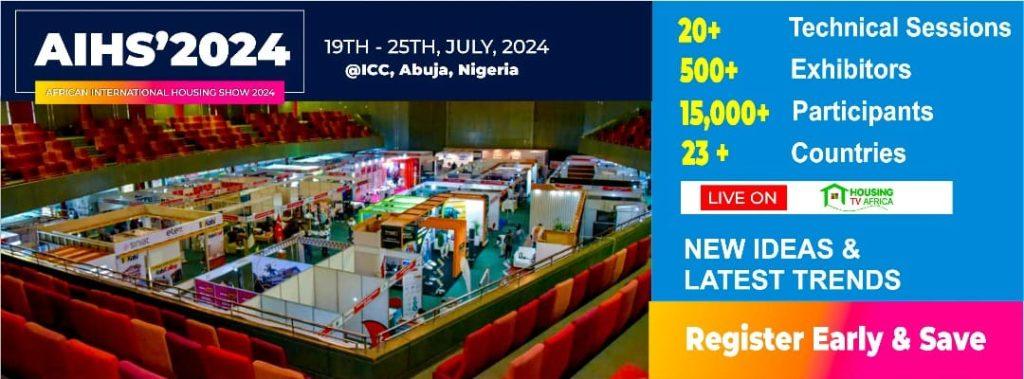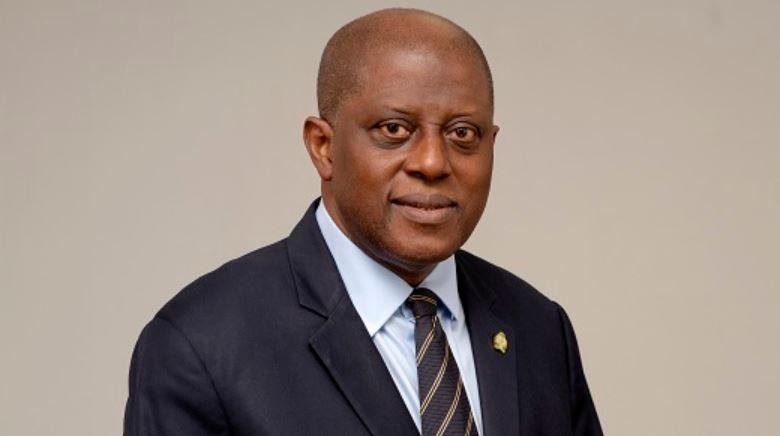The private sector operators in Nigeria have raised a question mark over the recent increase in the MPR to 24.75% by the CBN in particular and over the general uncertainty about the long term prospects of economy in general.
They are concerned that the country’s inflation rate will increase if the tariffs get lowered and these reductions will lead to massive job cuts.
The NACCIMA (Nigerian Association of Chambers of Commerce, Industry, Mines and Agriculture) and NASI( Nigeria Association of Small Scale Industrialists ) have cautioned that the MPR increase is an additional blow to the private sector’s access to affordable credit, and therefore further worsens the preexisting challenges.

The LCCI was of the view that though it was necessary to increase rates in order to cap inflation at the moment it nonetheless viewed it as a costly measure in the midst of difficulties besetting the economy.
CBN Governor Yemi Cardoso also declared the rate hike at the Abuja Monetary Policy Committee meeting, stressing that one of its aims was to check inflation and also maintain exchange rates stability. He mentioned that all members of the committee unanimously agreed to a monetary policy tightening by 200 basis points increase of MPR.
READ ALSO: CBN to Banks, Expedite Action on Recapitalization
The decision to raise MPR is sequel to the previous hike of the rate at the last MPC meeting and it is a further action taken to curb inflation. Nevertheless, there are still issues such as a higher credit cost in business activities as well as the issue of getting credit.
Decision by the CBN arrives at a moment when inflation in Nigeria remains high at 31.70 per cent featuring achievable 37.9 per cent in food prices. The bank is trying to calm down the economy by the end of the year. It expects inflation to go down and exchange rate to stabilize at that time.
READ ALSO: Breaking: CBN raises benchmark MPR by 200 basis points to 24.75%
Though the rate hike is intended to address this trouble, critics assert that it might trigger increased borrowing costs for businesses, decline in investment and decelerated growth.



